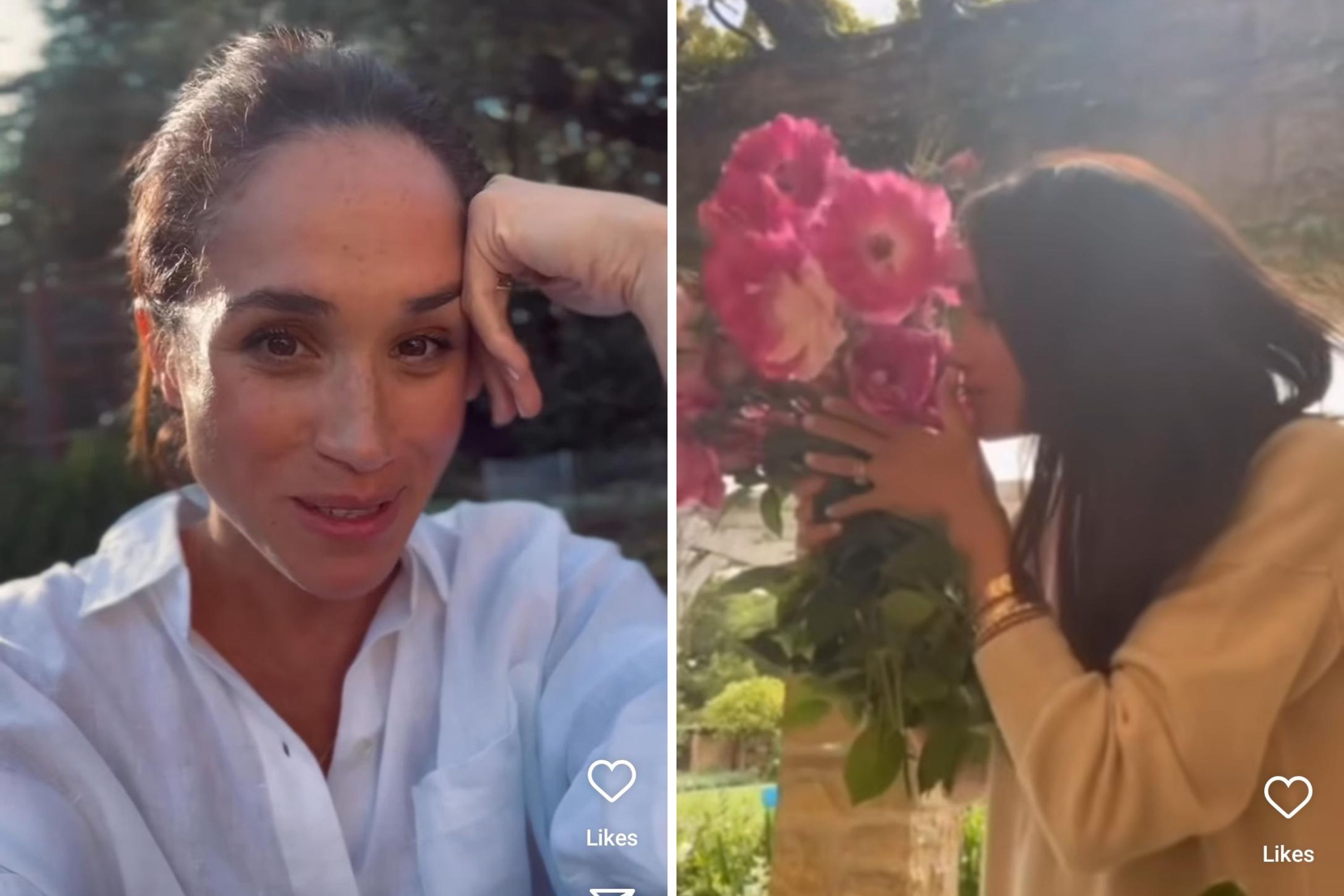The Quiet Revolution: Why Millennials Are Secretly Embracing Minimalism (and You Might Be Too)

For years, millennials have been stereotyped as obsessed with shopping and luxury goods. But beneath the surface of endless scrolling and Instagram-worthy hauls, a quieter, more profound shift is taking place: a widespread embrace of minimalism. It's a trend many millennials aren't openly admitting to, but it's reshaping how they live, work, and relate to the world around them.
Beyond the Stereotypes: A Generation Redefining Value
The narrative of the materialistic millennial has been persistent. We're often portrayed as chasing the latest gadgets and designer labels. However, this image doesn't fully capture the complexities of a generation navigating economic uncertainty, social change, and a rapidly evolving digital landscape. Many millennials are questioning the traditional markers of success and finding that accumulating possessions doesn't necessarily equate to happiness or fulfillment.
Decluttering the Physical, Emotional, and Digital Worlds
The minimalist movement for millennials isn't just about getting rid of physical clutter. It's a holistic approach to simplifying life – encompassing physical spaces, emotional baggage, and even digital distractions. Here's a breakdown:
- Physical Minimalism: Think Marie Kondo meets a more sustainable lifestyle. Millennials are downsizing their homes, opting for experiences over things, and embracing a 'less is more' philosophy when it comes to possessions. This often involves donating, selling, or responsibly recycling items they no longer need.
- Emotional Minimalism: This involves letting go of toxic relationships, negative self-talk, and past traumas. It’s about prioritizing mental well-being and cultivating a sense of inner peace. Mindfulness practices, therapy, and setting healthy boundaries are key components.
- Digital Minimalism: Perhaps the most relevant challenge for millennials, this focuses on intentionally limiting exposure to social media, notifications, and other digital distractions. It's about reclaiming time and attention, fostering deeper connections, and reducing anxiety. Strategies include setting time limits on apps, unfollowing accounts that don't bring value, and creating digital-free zones.
Why Now? The Driving Forces Behind the Trend
Several factors are fueling this rise in millennial minimalism:
- Financial Realities: Student loan debt, rising housing costs, and economic instability have led many millennials to re-evaluate their spending habits and prioritize financial security.
- Environmental Concerns: A growing awareness of climate change and the impact of consumerism is prompting millennials to adopt more sustainable lifestyles.
- Mental Health Awareness: Millennials are more open about mental health struggles than previous generations, and they're seeking ways to reduce stress and anxiety. Minimalism, with its focus on simplicity and intentionality, can be a powerful tool for promoting well-being.
- Social Media Fatigue: The constant pressure to present a perfect image online is taking a toll on millennials’ mental health. Many are stepping away from social media to cultivate a more authentic and fulfilling life offline.
The Future of Minimalism: More Than a Trend
While minimalism might have started as a trend, it's evolving into a fundamental shift in values for many millennials. It's not about deprivation or asceticism; it's about intentionality, purpose, and creating a life that aligns with their core values. As this generation continues to shape the future, expect to see minimalism—in its various forms—become increasingly mainstream.






)